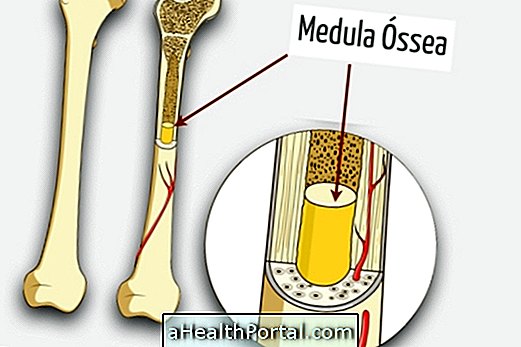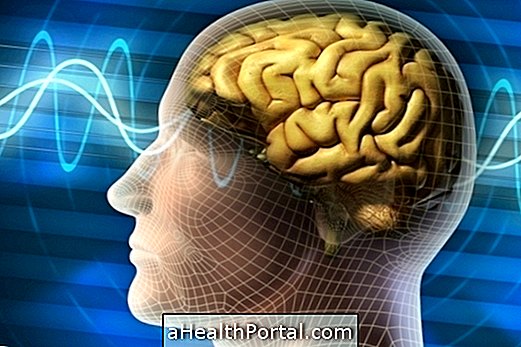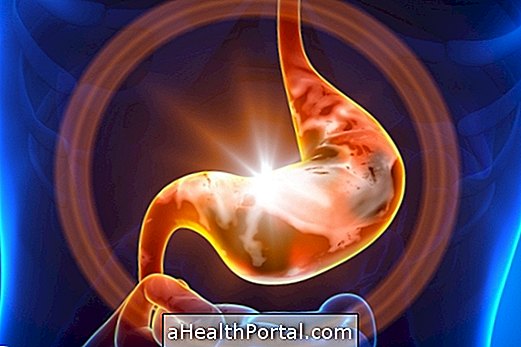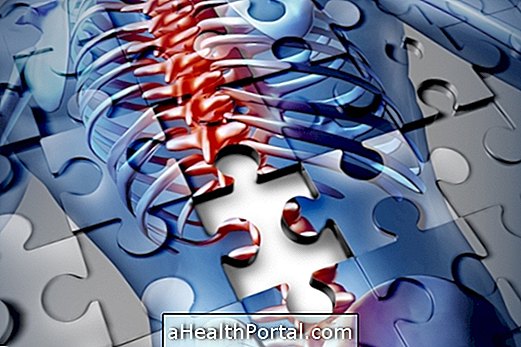Dopamine is a neurotransmitter responsible for carrying information to various parts of the body and, when released, it causes a sensation of pleasure and increases motivation.
In addition, dopamine is involved in emotions, cognitive processes, movement control, cardiac function, learning, attention span and bowel movements. It is also directly related to neurological and psychiatric disorders such as Parkinson's disease, schizophrenia or ADHD, for example.
Although dopamine is produced naturally by the body, in the central nervous system and in the adrenals, its levels can be increased by consuming foods rich in tyrosine such as eggs, fish, meat or beans.

What dopamine is for
Dopamine is very important in several functions of the body and, therefore, it is essential to maintain its levels in healthy concentrations. The main functions of dopamine are:
1. Increases libido
Dopamine is linked to increased libido because during sexual intercourse, dopamine levels increase, giving a greater sense of pleasure. Dopamine also stimulates male ejaculation, and in some cases, men who experience changes in dopamine and serotonin levels may experience premature ejaculation. Better understand what it is and how to control premature ejaculation.
2. Promotes the increase of muscle mass
Protein-rich foods indicated for people who want to increase muscle mass, also help to increase dopamine, which makes the person feel pleasure when eating this type of food, stimulating its consumption. Likewise, exercise that is accompanied by this type of diet also promotes the release of dopamine.

3. May cause changes in perception
High levels of dopamine can produce mental changes that are linked to disorders such as schizophrenia, for example, causing hallucinations and delusions. In these cases, it is necessary for the person to carry out the treatment prescribed by the doctor properly, avoiding episodes of hallucination.
It is important that people with schizophrenia do the treatment prescribed by the psychiatrist, in a correct way, so that the drugs help to lower and keep dopamine levels stable, avoiding new episodes of hallucinations or delusions. Know what the delusion is and how to identify it.
4. Help in controlling movements
Dopamine helps to control the coordination of body movements. The concentration of dopamine even seems to be associated with Parkinson's disease, since people with low levels of dopamine show greater difficulty in controlling and coordinating movements, causing tremors.
Treatment of Parkinson's disease can include drugs to increase dopamine and thus improve control of movement. Find out more details about the treatment for Parkinson's Disease.
5. Ensures intestinal health
Dopamine levels have been shown to increase with the consumption of probiotics, since there are some species of bacteria such as Coprococcus and Dialister, who live in the intestine and are linked to the production of this neurotransmitter, which promotes good intestinal health.
Signs of low dopamine
When dopamine is low, the main symptoms are a lack of motivation and pleasure.In addition, loss of libido, feeling of tiredness or altered movements is also frequent.

Foods that help increase dopamine
Tyrosine is a precursor to dopamine and, therefore, foods rich in tyrosine, such as eggs, fish, meat, beans, nuts, dairy products or soy, help to increase dopamine levels. See other foods rich in tyrosine.
What is the difference between dopamine and serotonin
One of the differences between dopamine and serotonin is the source of its production, since dopamine is produced from tyrosine, while serotonin from an amino acid called tryptophan.
When serotonin is at high levels, the amount of dopamine tends to decrease, causing a reduction in libido, for example. On the other hand, low levels of serotonin, can cause an excessive increase in dopamine, which causes an increase in libido and the search for activities that cause pleasure.
Low levels of serotonin tend to make the person more eager to eat sweets, while low levels of dopamine mean less pleasure and desire to eat.
Was this information helpful?
Yes No
Your opinion is important! Write here how we can improve our text:
Any questions? Click here to be answered.
Email in which you want to receive a reply:
Check the confirmation email we sent you.
Your name:
Reason for visit:
--- Choose your reason --- DiseaseLive betterHelp another personGain knowledge
Are you a health professional?
NoMedicalPharmaceuticalsNurseNutritionistBiomedicalPhysiotherapistBeauticianOther
Bibliography
- SILVA, Simone. Neuropsychophysiology of sexual desire: some aspects of the functional regulation of sexual motivation. Monograph presented to obtain the title of Specialist in Neuroscience and Behavior, 2011. Federal University of Minas Gerais.
- FEIJÓ, Fernanda; BERTOLUCI, Marcello; REIS, Cíntia. Serotonin and hypothalamic hunger control: a review. Review article, 2010. Federal University of Rio Grande do Sul.
- KUHN, Simone et al .. Food for thought: association between dietary tyrosine and cognitive performance in younger and older adults. Psychological Research. 83. 1097–1106, 2019
- CARMO, Marta. NEUROPROTECTIVE EFFECT OF ANTAGONISM ON P2X7 RECEPTORS ON EXPERIMENTAL PARKINSONISM INDUCED BY 6-OHDA. Thesis presented to obtain the title of Doctor of Pharmacology, 2015. Universidade Federal do Ceará.
- SILVA, Sami. The clinical significance of hallucinations in neurodegenerative diseases of the Central Nervous System and particularly in Parkinson's. Dissertation for obtaining a Master's Degree in Medicine, 2019. University of Beira Interior.
- POSTAL, Aline et al .. POSSIBLE CONSEQUENCES OF PORNOGRAPHY ON HUMAN SEXUALITY. Experiences: Electronic Magazine of URI Extension. 14. 27; 66-75, 2018
- PAÇO, Joana. Pathophysiological Theories of Premature Ejaculation and New Therapeutic Perspectives. Dissertation to obtain the Master's Degree in Medicine, 2015. University of Beira Interior.
- PORTUGUESE ASSOCIATION OF UROLOGY. Premature Ejaculation. 2014. Available at:. Accessed on 12 Jan 2021
- NOGUEIRA, Damaris et al .. THE FUNCTIONALITY OF NEUROTRANSMITTERS IN ATTENTION DEFICIT / HYPERACTIVITY DISORDER (ADHD). Saúde em Foco magazine. 1-5, 2018
- FERREIRA, Fábio. THE RELATIONSHIP BETWEEN HAPPINESS CHEMISTRY, STRESS CHEMISTRY, LEADERSHIP, MOTIVATION AND ORGANIZATIONAL TRUST. Dissertation to obtain the Master's degree, 2018. Instituto Universitário de Lisboa.
- RODRIGUES, Christelle. REGULATION OF FOOD BEHAVIOR AND NEW THERAPEUTIC TARGETS. Work to obtain the Master's degree in Pharmaceutical Sciences, 2013. Instituto Superior de Ciências da Saúde Egas Moniz.
- SANTOS, Anderson. EXPRESSION OF D1 DOPAMINERGIC RECEPTORS IN THE ACCUMBENS AND STRUCTURED NUCLEUS RATS DURING THE PERINATAL PERIOD. Dissertation to obtain the title of Master in Pathology, 2015. Federal University of Pernambuco.








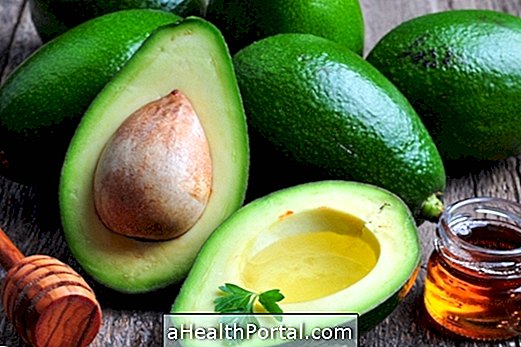
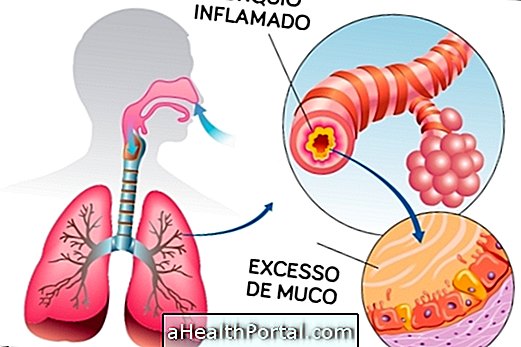
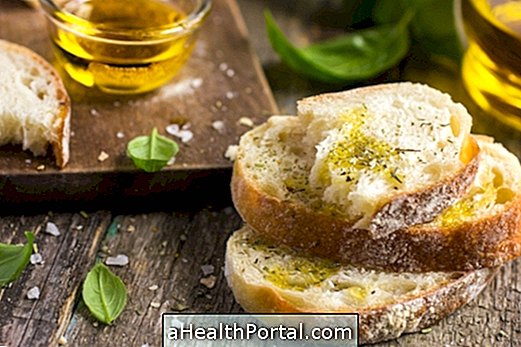

-o-que--como-identificar-e-o-que-fazer.jpg)

